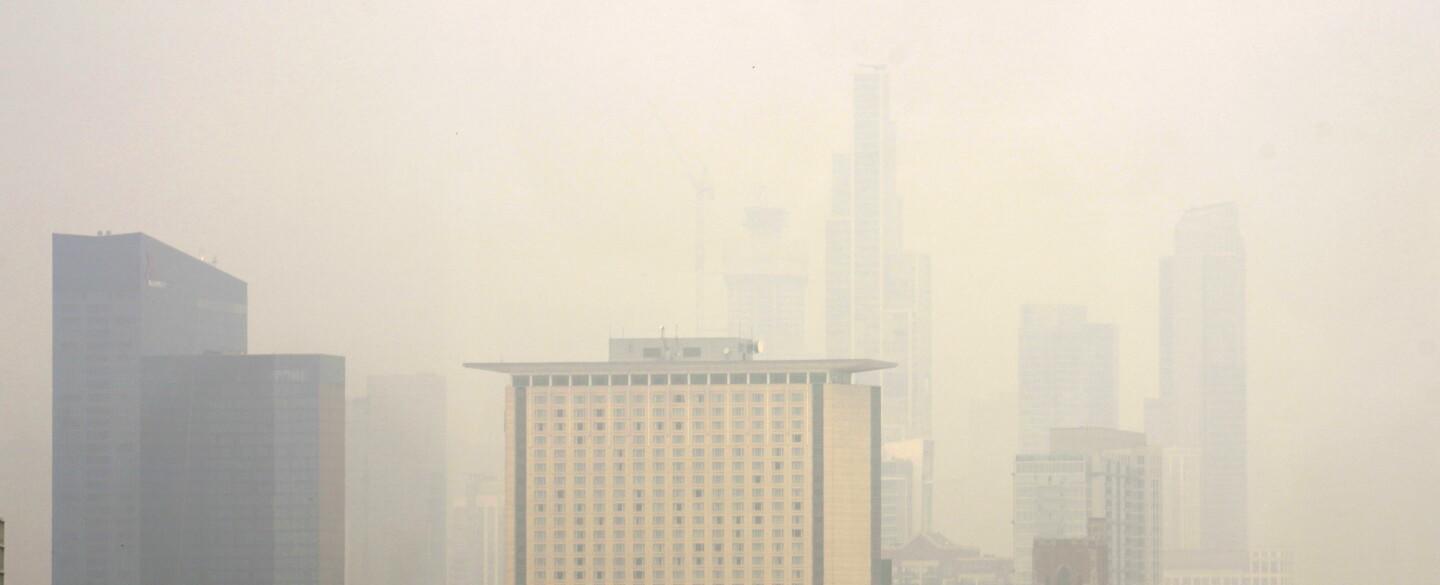Smoke from Canadian wildfires prompt air quality alerts in Chicago, Detroit

Title: Smoke from Canadian Wildfires Prompts Air Quality Alerts in Chicago, Detroit
Introduction: As devastating wildfires continue to rage across northern Canada, the impact is being felt far beyond its borders. Surprisingly, the smoke from these massive infernos has traveled south, causing air quality concerns in major cities such as Chicago and Detroit. This article delves into the key points surrounding the situation, highlighting the potential health risks and environmental consequences.
Summary:
Smoke from Canadian wildfires reaches Chicago and Detroit: Unusually strong winds have carried the smoke from extensive wildfires in northern Canada down into the United States. This has resulted in hazy skies and a distinct smell of smoke in cities as far as Chicago and Detroit.
Air quality alerts issued: The poor air quality caused by the smoke has prompted local authorities in Chicago and Detroit to issue air quality alerts. These alerts advise vulnerable populations, including children, seniors, and those with respiratory illnesses, to take precautions and avoid prolonged outdoor exposure.
Health risks associated with wildfire smoke: The fine particulate matter found in wildfire smoke can irritate the respiratory system, leading to coughing, shortness of breath, and aggravated asthma symptoms. Moreover, it can cause more serious health problems in susceptible individuals, including heart issues and increased susceptibility to respiratory infections.
Additional Information: Wildfires are a natural occurrence, but climate change has exacerbated their frequency and intensity. Rising global temperatures contribute to drier conditions, providing fuel for unprecedented wildfires. When such fires occur, the resulting smoke can travel thousands of miles, affecting communities in distant areas and even crossing international borders.
Conclusion: The appearance of smoke from Canadian wildfires in cities like Chicago and Detroit serves as a stark reminder of the interconnectedness of our planet. It highlights the urgent need for increased focus on addressing climate change and its devastating consequences, including more frequent and severe wildfires. Moreover, these events emphasize the importance of preparedness and public awareness regarding the health risks associated with exposure to wildfire smoke. By staying informed, taking necessary precautions, and advocating for climate action, we can collectively work towards a healthier and more sustainable future.
Quick Links

